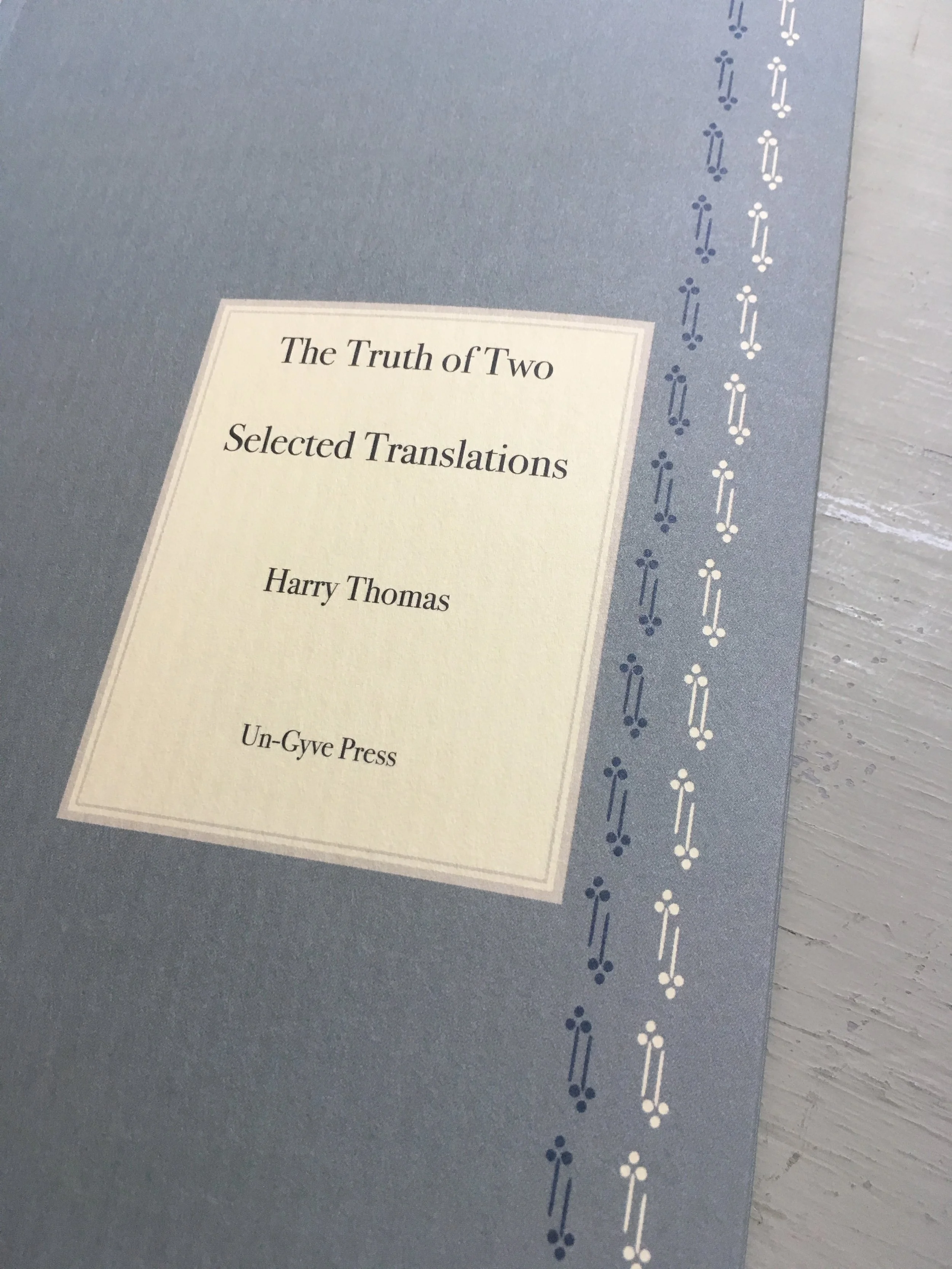In An Essay Concerning Human Understanding John Locke touches upon a truth of translations, Of Trifling Propoſitions. (Book IV.):
§ 7. For this teaches but the Signification of Words. BEFORE a man makes any propoſition, he is ſuppoſed to underſtand the terms he uſes in it, or elſe he talks like a parrot, only making a noiſe by imitation, and framing certain ſounds which he has learnt of others, but not as a rational creature, uſing them for ſigns of ideas which he has in his mind. The hearer alſo is ſuppoſed to underſtand the terms as rhe ſpeaker uſes them, or elſe he talks jargon, and makes an unintelligible noiſe ; and therefore he trifles with words, who makes ſuch a propoſition, which when it is made, contains no more than one of the terms does, and which a man was ſuppoſed to know before ; v. g. a triangle hath three ſides, or ſaffron is yellow. And this is no farther intolerable than where a man goes to explain his terms to one who is ſuppoſed, or declares himſelf not to underſtand him ; and then it teaches only the ſignification of that word, and the uſe of that ſign. .'
§ 8. But no real Knowledge. WE can know then the truth of two ſorts of propoſitions with perfeƈt certainty ; the one is, of thoſe trifling propoſitions which have a certainty in them, but it is only a verbal certainty, not inſtruƈtive. And, ſecondly, we can know the truth, and ſo may be certain in propoſitions which affirm ſomething of another, which is a neceſſary conſequence of its preciſe complex idea, but not contained in it ; as that the external angle of all triangles is bigger than either of the oppoſite internal angles ; which relation of the outward angle to either of the oppoſite internal angles, making no part of the complex idea ſignified by the name triangle, this is a real truth, and conveys with it inſtructive real knowledge.
In his preface to The Truth of Two, Harry Thomas writes: "Still, for me translation has less to do with prose arguments than with poetic practice." His practice is guided by affinity, accuracy in the text that rather than parrots, preserves the ardor of the original.
From one of his translations of Joseph Brodsky in The Truth of Two:
The single high-watt light bulb that was on
made the worn furniture look touch-and-go.
The leather sofa in the corner shone;
its nut-brown cast an almost yellow glow.
Some say saffron is almost yellow.

